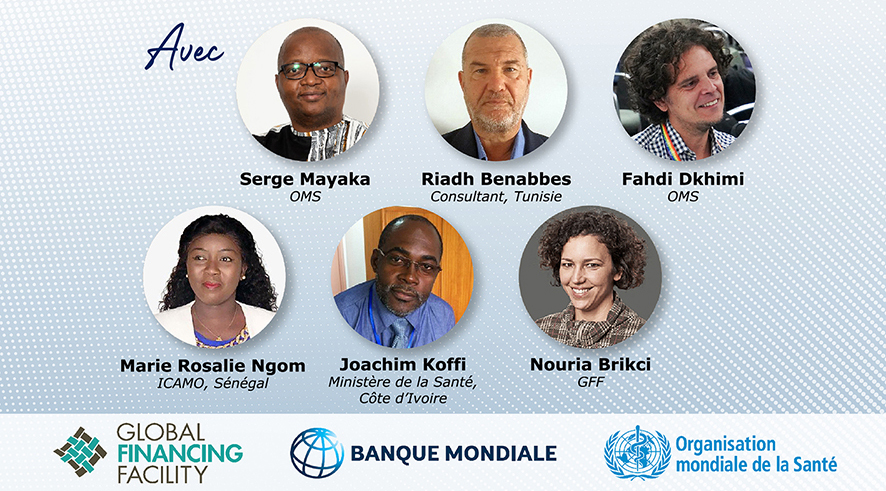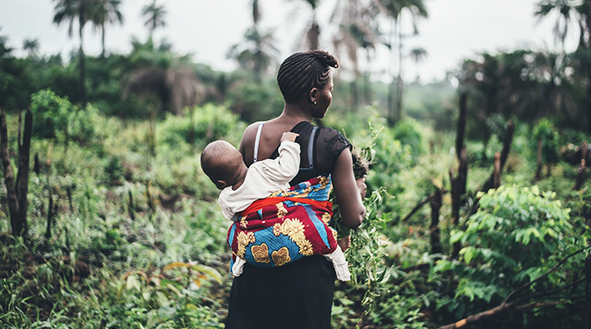More than 80% of the population has access to health insurance through two schemes:
- A mandatory individual contribution scheme (National Health Insurance Fund (CNAM)), covering workers in the formal sector and their beneficiaries through three schemes (public, private, reimbursements).
- A noncontributive programme, covering households in poverty at two rates, one for people in poverty (AMG1 rate) and one for people living in vulnerable situations (AMG2, which is reduced rate) who are treated in public health facilities.
However, although government health expenditure as a share of total government expenditure is rather high (12% in 2021)), out-of-pocket (OOP) expenses by households was relatively high (33,7% of current health expenditures in 2021), leading to significant inequities and, in some cases, risking people falling into poverty (in 2015: catastrophic OOP health spending incidence was 10% and impoverishing OOP health spending at the relative poverty line of 60% of median consumption or income was 14.8 %).[1]
A sustained vision to achieve universal health coverage
The Tunisian national health policy (PNS), adopted by the government in 2021, is based on a 2030 vision for UHC. The PNS was developed as part of the second phase of a dialogue on national health policies, strategies and plans, following a participatory and inclusive process. The PNS aims to improve access for equitable health services through the development of an available package of essential services adapted to the needs of each person during a lifetime in addition to the creation of a unified basic coverage scheme.
Addressing universal health coverage and health financing challenges
The World Health Organization (WHO) is working closely with other partners to address UHC and health financing (HF) under the umbrella of the Health Partners Group (HPG), which WHO chairs. HPG’s Health Financing and Social Protection Working Group was created to improve coordination and information sharing and to explore the development of a strategic program with joint activities between partners that are supporting the government of Tunisia in designing, implementing and monitoring HF and social protection policies and mechanisms. The planned and current activities focus on the revision of the benefit package (Agence française de développement), analysis of efficiency in health facilities (European Union), child benefits (United Nations Children’s Fund) and medicine financing (WHO and the World Bank Group).
Strategic options to move forward for Tunisia
The Politique Nationale de Santé (PNS) states that to progress towards UHC (see page 6) the aim is to strategically place the citizen at the centre of concern of institutions and health professionals.
“To achieve this,” the PNS continues on page 15, “we must make the local family health system the health system’s linchpin and ensure all have access to an affordable package of quality, person-centred essential services”.
[1] World Health Organization, Tracking Universal Health Coverage: 2023 Global monitoring report



